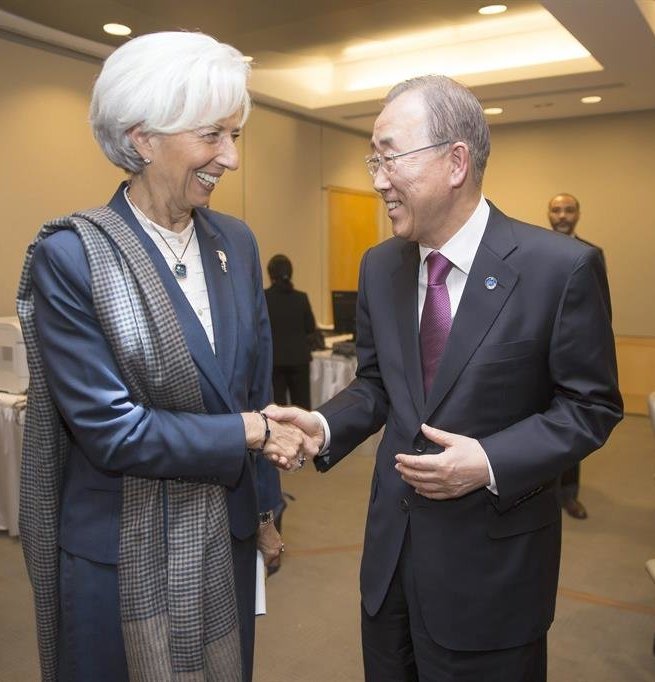Trillions of dollars needed for new bid to end poverty by 2030
World leaders have drawn up ambitious goals to end extreme poverty by 2030 and promote development over the next 15 years, but now they have to figure out how to pay the bill. Trillions of dollars would be required to achieve the 17 Sustainable Development Goals (SDGs) that the United Nations is expected to adopt in September, global experts said. The goals address a wide range of issues from healthcare for all, to education, water, energy and protecting the environment. But in an era of budget austerity, Western governments have made it clear, ahead of a development finance summit in Addis Ababa in July, that foreign aid will be insufficient to do the job. Total official development aid (ODA) currently runs at about $131 billion a year.
Much more is needed. We need to shift the conversation from billions [of dollars] to trillions.
UN Secretary-General Ban Ki-moon
Heads of state must embrace a new financing framework, one that mobilises ODA, private investment and higher levels of government revenues, United Nations Secretary-General Ban Ki-moon said on Friday. Improving tax collection in developing countries was high on the agenda at several meetings held this week during the World Bank/International Monetary Fund spring meetings to discuss new models for increasing development finance. Better tax systems would bolster budgets and give governments more funds to invest in social programmes. In many low-income countries, tax as a percent of GDP is under 15 per cent against at least 24 per cent in advanced economies, IMF data show. Finance ministers asked for more technical help.

World trillions needed